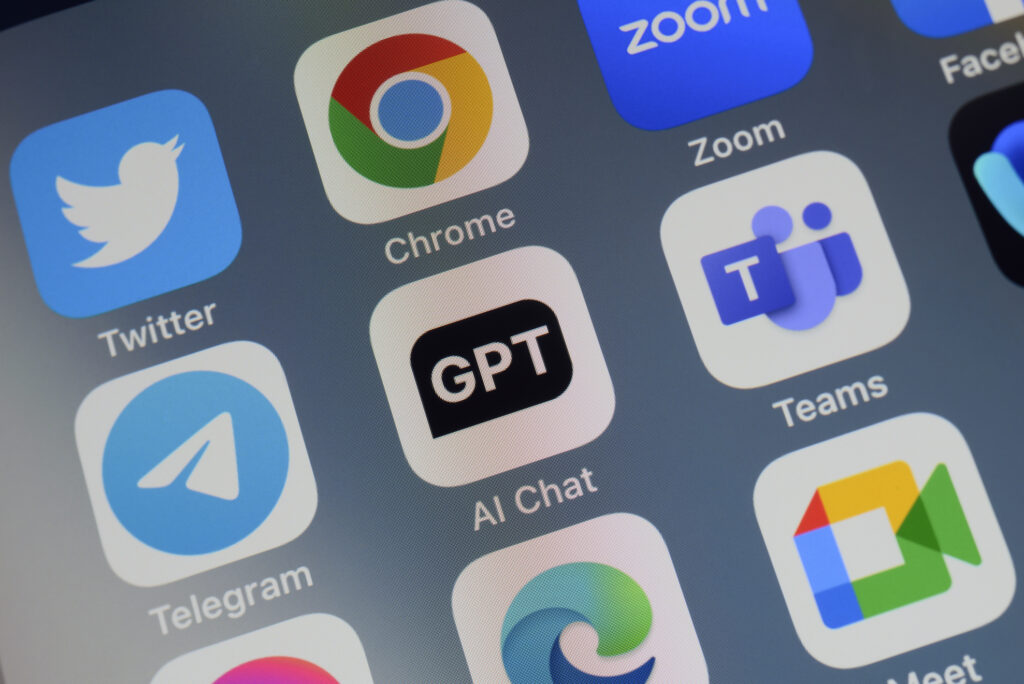
Suddenly it’s everywhere you look: Stories about ChatGPT, Bing, Bard and even Taylor, a generative AI-powered tool specifically designed to create press releases, are cropping up everywhere. Your organization is looking to you for expertise on this new development, but you don’t have time to absorb everything that’s out there. Here’s what you need to get smart on the subject.
If you watch just one television show, make it this one. Lesley Stahl of 60 Minutes talked to the president of Microsoft, a computer science professor, an ethics expert and others to find out how Bing, ChatGPT and other chatbots work, and how companies are working to improve them and keep them safe. Wondering if the government needs to get involved and enforce some rules? One expert shares his opinion.
If you listen to just one podcast, make it this one. Episode 96 of The Crux, “Wise Ways to make ChatGPT Work for Your Brand,” features two experts—who literally wrote the book on ChatGPT—offering tips for boosting your brand with the aid of AI.
There are new articles cropping up every day, but if you read just one article, make it this one. Everyone is talking about this New York Times reporter’s creepy encounter with “Sydney,” the Bing chatbot that professed her love for him. The article prompted AI creators to make changes in the ways users can interact with these bots.
Now that you’re up to speed on the latest in AI, it’s time to think about how you can use this new tool. When developing your company’s guidelines for using this—and any other—new technology, you can rely on many of the same common-sense rules you use in other areas of life.
- Think before you prompt. AI tools are amazing because they can learn from the data you feed them. But much like a toddler who hears your muttered curses from the back seat of the car and repeats the new words to his preschool classmates, AI absorbs everything—even proprietary data that you would never share with a colleague who doesn’t need to know. Ask yourself: What do I want to teach this machine? Should this information be shared?
- Don’t believe everything you hear. AI absorbs data—both true and false—so you can’t be sure what it spits back out is correct. Use it to prompt ideas or suggestions, but always have a human check the facts. Before you finalize a document that you’ve generated with AI, ask yourself: Does this ring true?
- Don’t be spammy. Just because you can ask a bot to write something, should you? Sure, Taylor promises to write your press releases in a few quick minutes, but don’t use this tool to spam your audience. Everybody is busy these days, so before you reach out to someone with your AI-generated news, ask yourself: Is this information important? It is important to this person?
- Be transparent. If you’re going to use the tech, make sure you’re transparent about how and why you’re doing it. Make sure your team knows how and when to use it. Ask yourself: Will using AI in this instance support my organization’s goals?
by Donna Gorman
